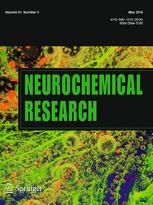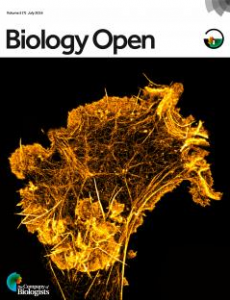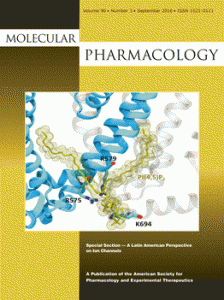Plagiarism and duplication can be deadly to a paper in any dose. In the case of a study on the toxicity of nanoparticles to plants, the publisher has presented the precise amount of plagiarism and duplications that ultimately felled the paper.
Specifically, according to Nanomaterials, 56% of “Potential Impact of Multi-Walled Carbon Nanotubes Exposure to the Seedling Stage of Selected Plant Species” was taken from other work.
Here are more details from the retraction notice, published last year:
Continue reading More than half of plant toxicity paper isn’t original, journal says









